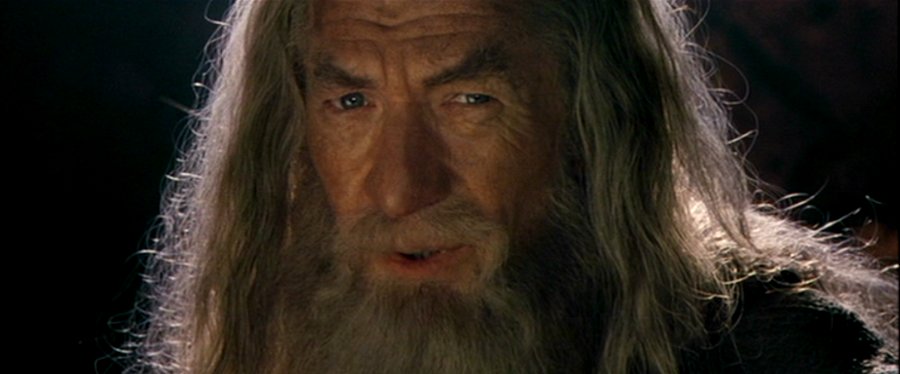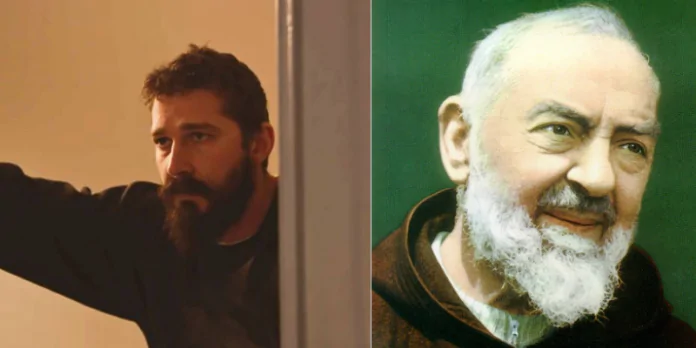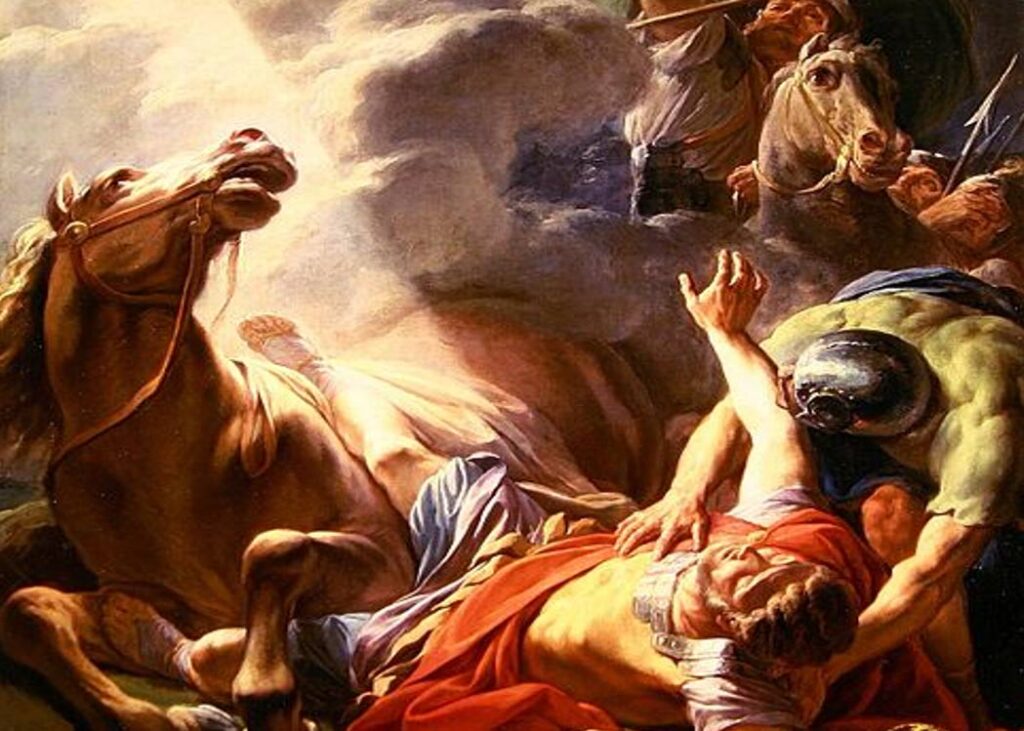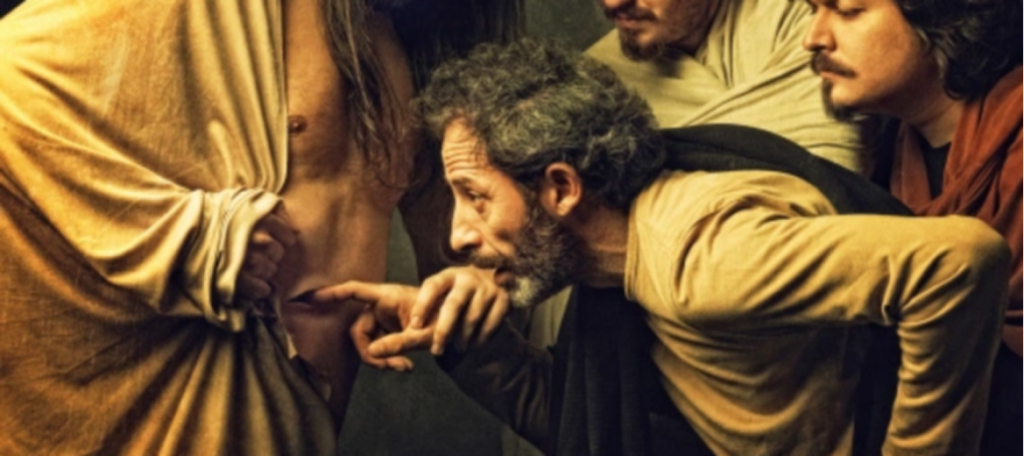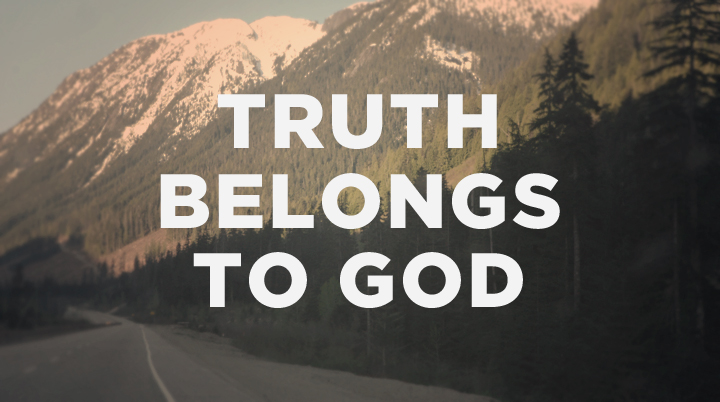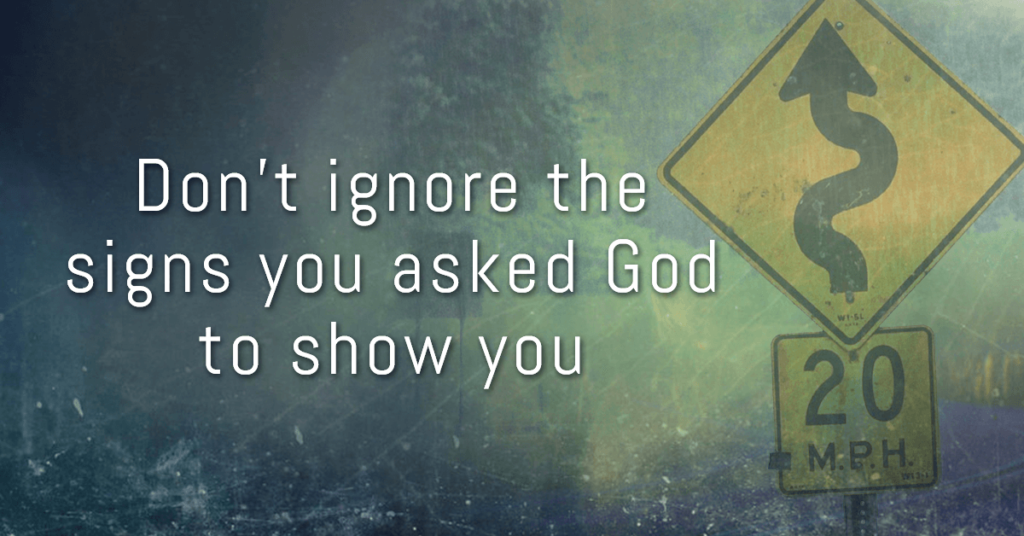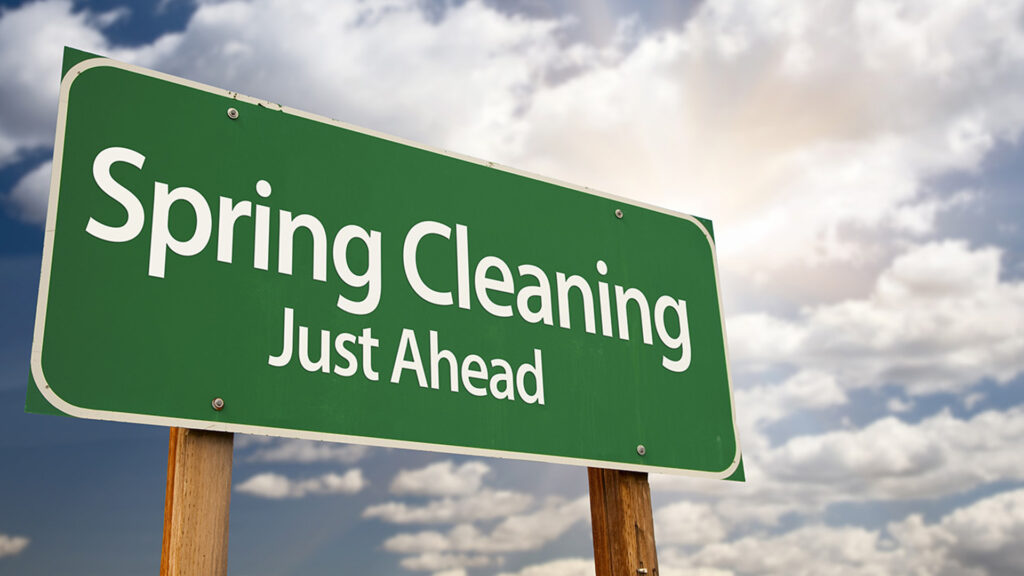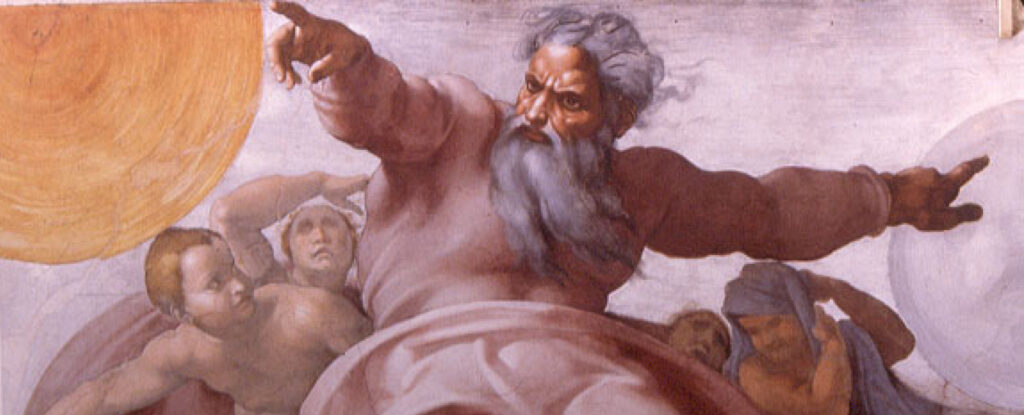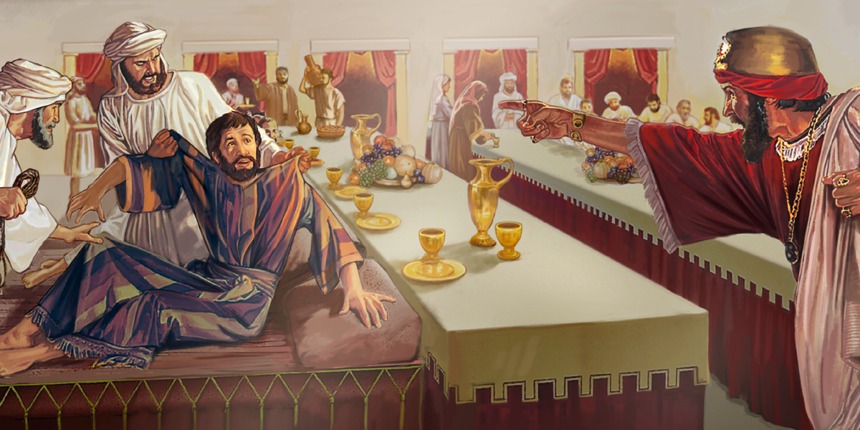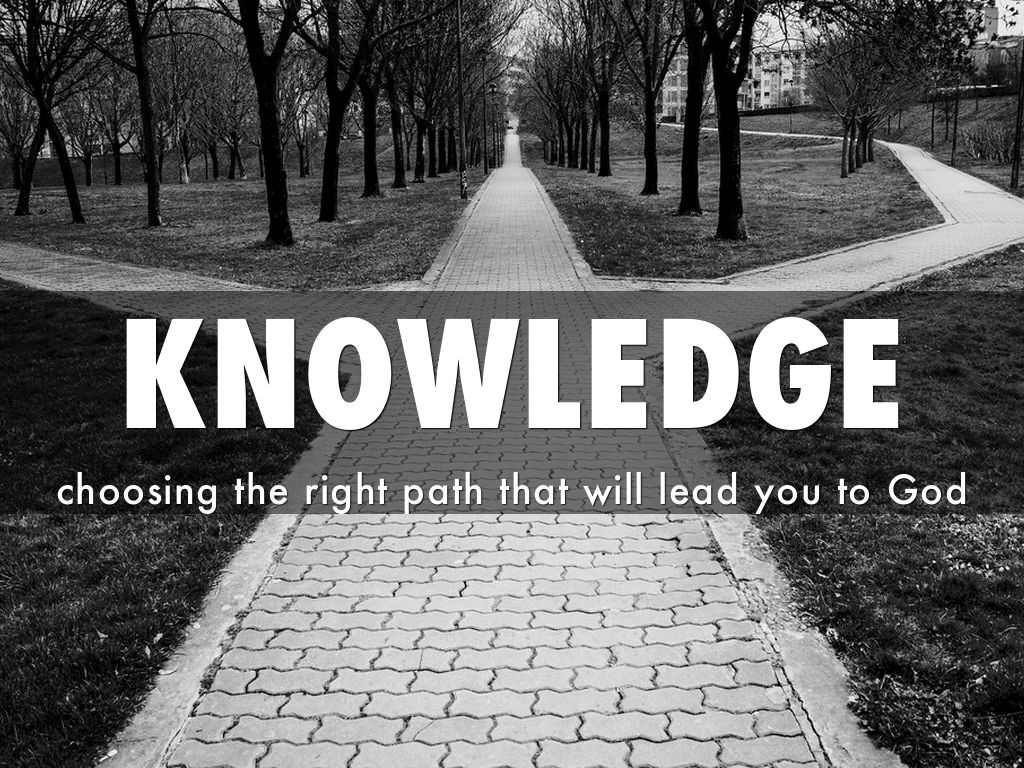What to do with the Time God Gives Us
Lord of the Rings Continuing my movie insights, the next movie I want to look at is The Lord of the Rings. Now, finding the religious significance of this series is a bit of a cheat. J.R.R Tolkein was a devout Catholic and LOTR is chalked full of religious symbolism and philosophy. Hopefully, I can […]
What to do with the Time God Gives Us Read More »

